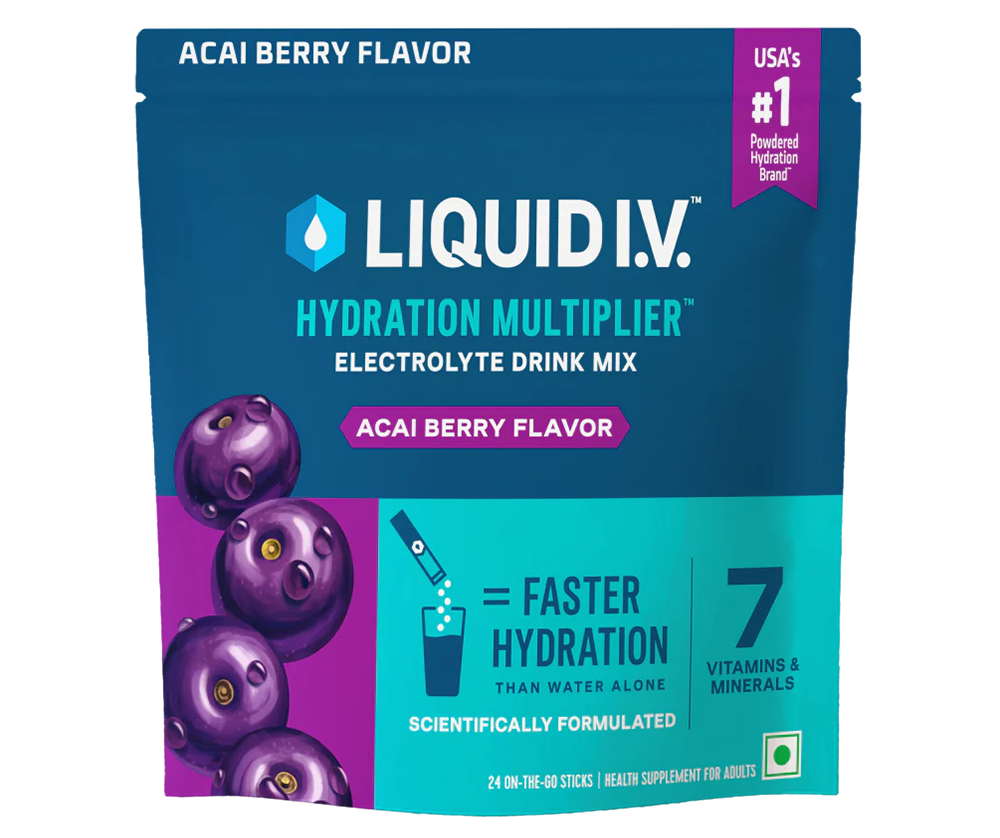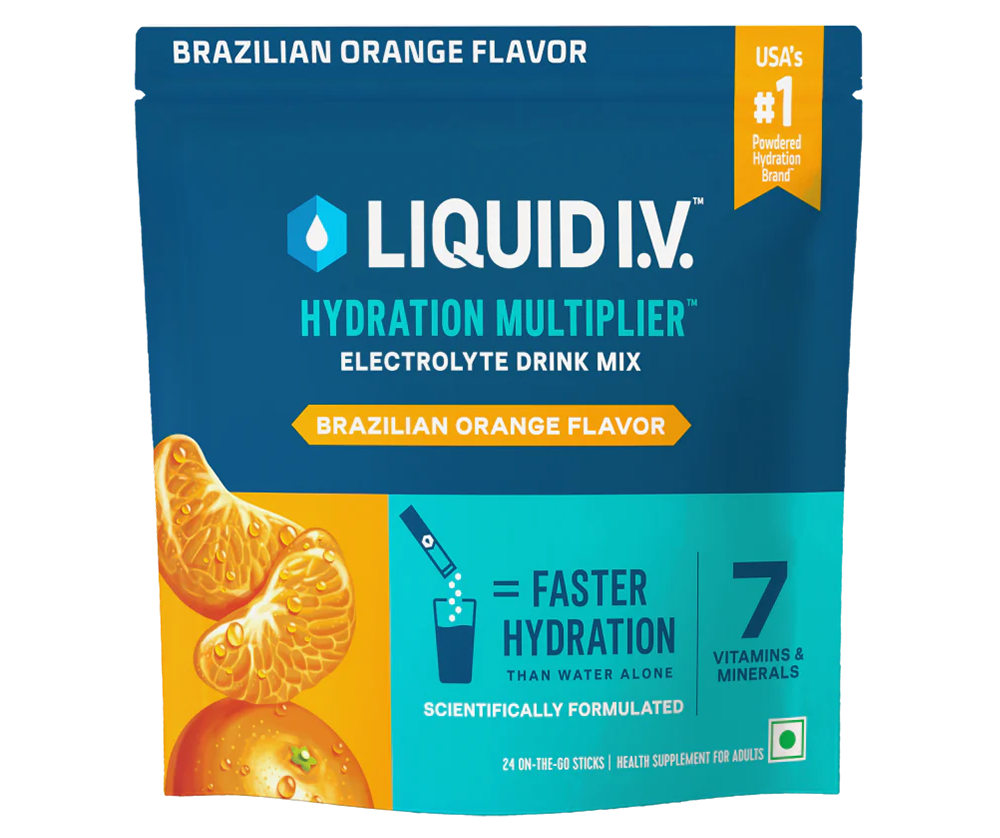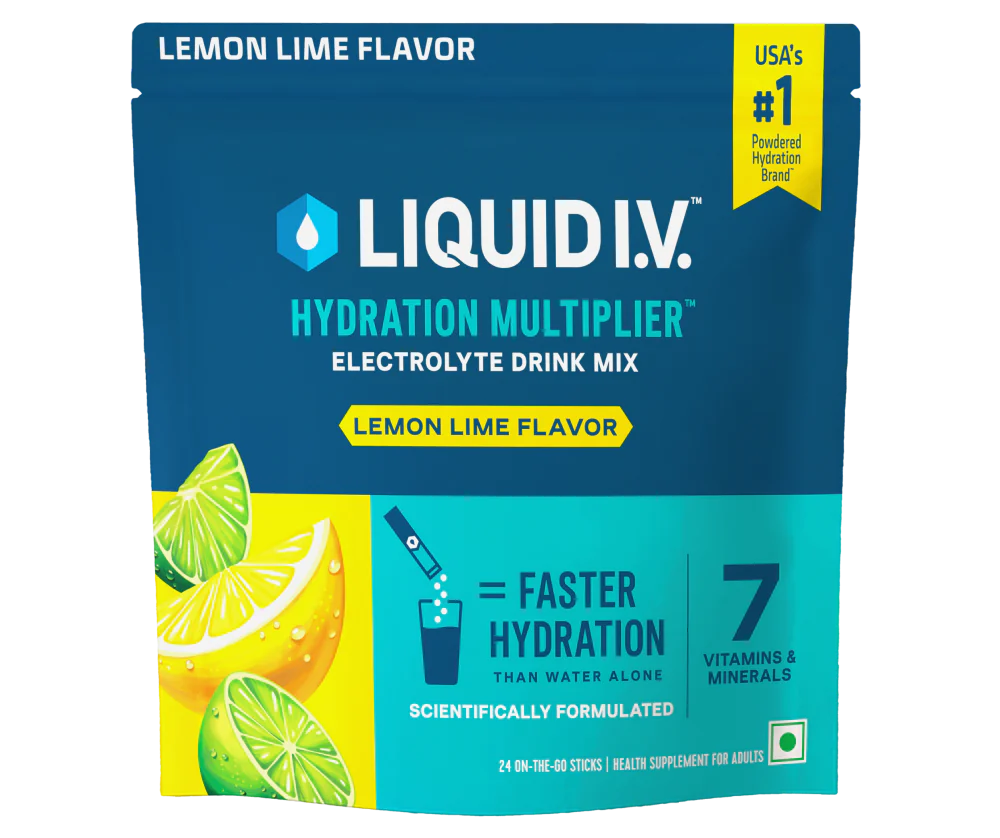The Ultimate Fix for the 4 Nastiest Hangover Symptoms
How often have you thought of skipping that late-night office party just to avoid getting hungover the next morning? Probably more than once. While we all love the idea of having a relaxed weekend full of uninhibited fun, things can take a rather unpleasant turn if alcohol is overdone. Nausea, vomiting, headaches, are few of the most common symptoms of hangover (Swift, 1998) an umbrella term used to refer to the effects of drinking too much. A doctor isn’t needed to diagnose it, you can simply tell if you’re having one (even if it’s your first). However, in cases the symptoms are severe, you might need to go see a doctor!!
What causes a hangover?
Hangovers are like your body's way of saying, "That party was epic, but now it's payback time!" Here are the main troublemakers behind those dreaded hangover symptoms:
- Dehydration and Sleep Disruptions: Alcohol may mess with your hormones like vasopressin and cortisol and sometimes throws off your electrolytes and glucose levels. This can lead to dehydration and poor sleep, which are common symptoms of hangover, making you feel like you didn't get enough rest and are running on empty (Palmer, 2019). [1]
- Genetic Factors: Some people might be lucky and hardly ever get hangovers, while others may be more sensitive. It's all in the genes! Between 5% and 23% of people are reported to be hangover-resistant, which means their bodies might handle alcohol better. Scientists are still trying to figure out what makes these folks so special(Palmer, 2019). [1]
- Congeners: These are extra chemicals in your drink that add flavour and colour. They might make your drink taste better, but they can also contribute to hangover symptoms. Red wine and brandy are full of these troublemakers. Congeners include substances like amines, amides, acetones, acetaldehyde, polyphenols, methanol, histamines, fusel oil, esters, and tannins. Although congeners can worsen hangovers, ethanol itself may have a considerably stronger influence on hangover severity (Palmer, 2019).
- Methanol: This sneaky compound is a byproduct of sugar fermentation and can make hangovers worse. Your body breaks it down slowly, turning it into toxic substances like formaldehyde and formic acid, which may contribute to headaches, nausea, classic symptoms of hangover. Studies have shown an impact of methanol concentration and hangover severity. It has also been seen headache and nausea are probable symptoms for methanol-based hangovers(Palmer, 2019).
Now that we've uncovered the few culprits behind hangover symptoms, let's dive into the nitty-gritty of what makes hangovers so nasty and how you can tackle them head-on.
Get ready for 4 of the Nastiest Hangover Symptoms and some handy remedies to fix them!
4 of the Nastiest Hangover Symptoms and remedies to fix them
Feeling sluggish
When alcohol enters the body, it can shake things up in the liver and other organs, potentially leading to low blood sugar levels a.k.a hypoglycaemia. Hypoglycaemia from alcohol usually pops up after binge drinking paired with poor nutrition, which slow down glucose production. Since glucose is the brain's main energy source, hypoglycaemia could bring on hangover symptoms like fatigue, weakness, and mood swings. Diabetics might be especially sensitive to these alcohol-induced changes in blood glucose. However, it's not confirmed whether low blood sugar levels directly contribute to symptoms of hangover (Swift, 1998)
Munching on fruits, fruit juices, or other fructose-containing foods might help ease hangover symptoms. Bland foods with complex carbs, like toast or crackers, could help counter low blood sugar levels and possibly relieve nausea. Getting enough sleep might chase away the fatigue from sleep deprivation, and sipping non-alcoholic beverages during and after alcohol consumption might fend off alcohol-induced dehydration. Caffeine, often in the form of coffee, is a popular go-to for battling alcohol hangover symptoms like fatigue and malaise, though this practice lacks scientific backing(Swift, 1998). (Swift, 1998)
Throbbing pain and a headache
When you drink alcohol, it can cause your blood vessels to widen, leading to headaches. Alcohol also messes with chemicals like histamine, serotonin, prostaglandins which can cause headaches The exact reason for hangover headaches is still a bit of a mystery(Swift, 1998). (Swift, 1998).
Studies show a link between alcohol and headaches like migraines and cluster headaches. A survey with Danish people found 72% of study population aged 25-64 have had hangover headaches, making it the most common type of headache reported(Swift, 1998) (Swift, 1998).
One idea is that hangover headaches might be caused by inactive alcohol dehydrogenase 2 in some people. Alcohol-induced headaches can be secondary headaches, while alcohol can trigger primary headaches in those with migraines or cluster headaches (Aud Nome Dueland, 2015). (Nome., 2015)
Nausea and bloating
Alcohol can be a bit of a troublemaker for your stomach and intestines, especially when you're sipping on drinks with high alcohol content (over 15%). It might also crank up the production of gastric acid, pancreatic, and intestinal secretions. All these factors could team up to give you upper abdominal pain, nausea, and vomiting during a hangover(Swift, 1998). (Swift, 1998)
If your hangover includes vomiting, diarrhoea, or sweating, you might end up dehydrated (Howard E. LeWine, n.d.). (LeWine, 2023). Beyond mild to moderate conditions one will need to consult a physician.
Also, staying hydrated can be your best friend. Although nausea can make it tough to drink fluids, it's important to try (Howard E. LeWine, n.d.) (LeWine, 2023). Adding electrolytes to your water can make hydration more efficient and help you bounce back faster.
Conclusion
A hangover may resolve on its own but may still feel brutal while it lasts. While simple remedies can help in relieving its symptoms, prevention is always better than a cure. Eating a good meal and staying hydrated can make a difference in how you feel the next day. In general, avoiding binge drinking and keeping alcohol consumption occasional is key to maintaining overall health.
Frequently Asked Questions:
How long does a hangover last?
A hangover can last 24 hours or longer, depending on several factors. The amount of alcohol consumed, age, gender, weight, nutritional status, ethnicity and even medications can decide how long it persists (Swift, 1998).
How do you get rid of a hangover?
Getting adequate rest and staying hydrated is key to toning down hangover symptoms. Drinking electrolyte-rich drinks can help(Howard E. LeWine, n.d.) (LeWine, 2023), choosing the alcohol with less congeners also help(Swift, 1998) (Swift, 1998).
Can I sleep off a hangover?
In most cases, yes. Alcohol can disrupt sleep duration and quality. Making up for the lost sleep can naturally help with hangover symptoms. However, with more severe hangovers that last longer than a day, extra measures may be needed to ensure complete recovery(Swift, 1998) (Swift, 1998)





